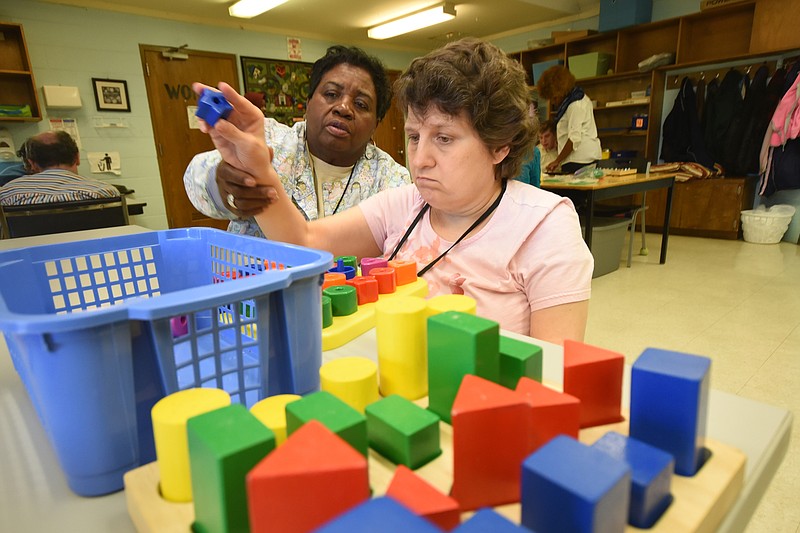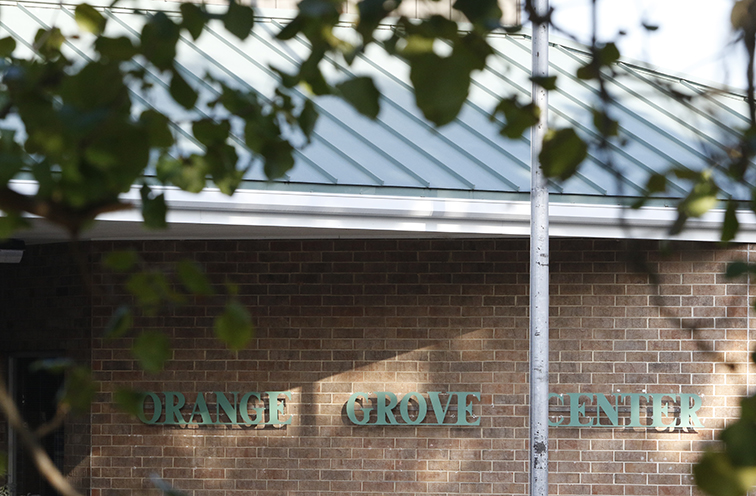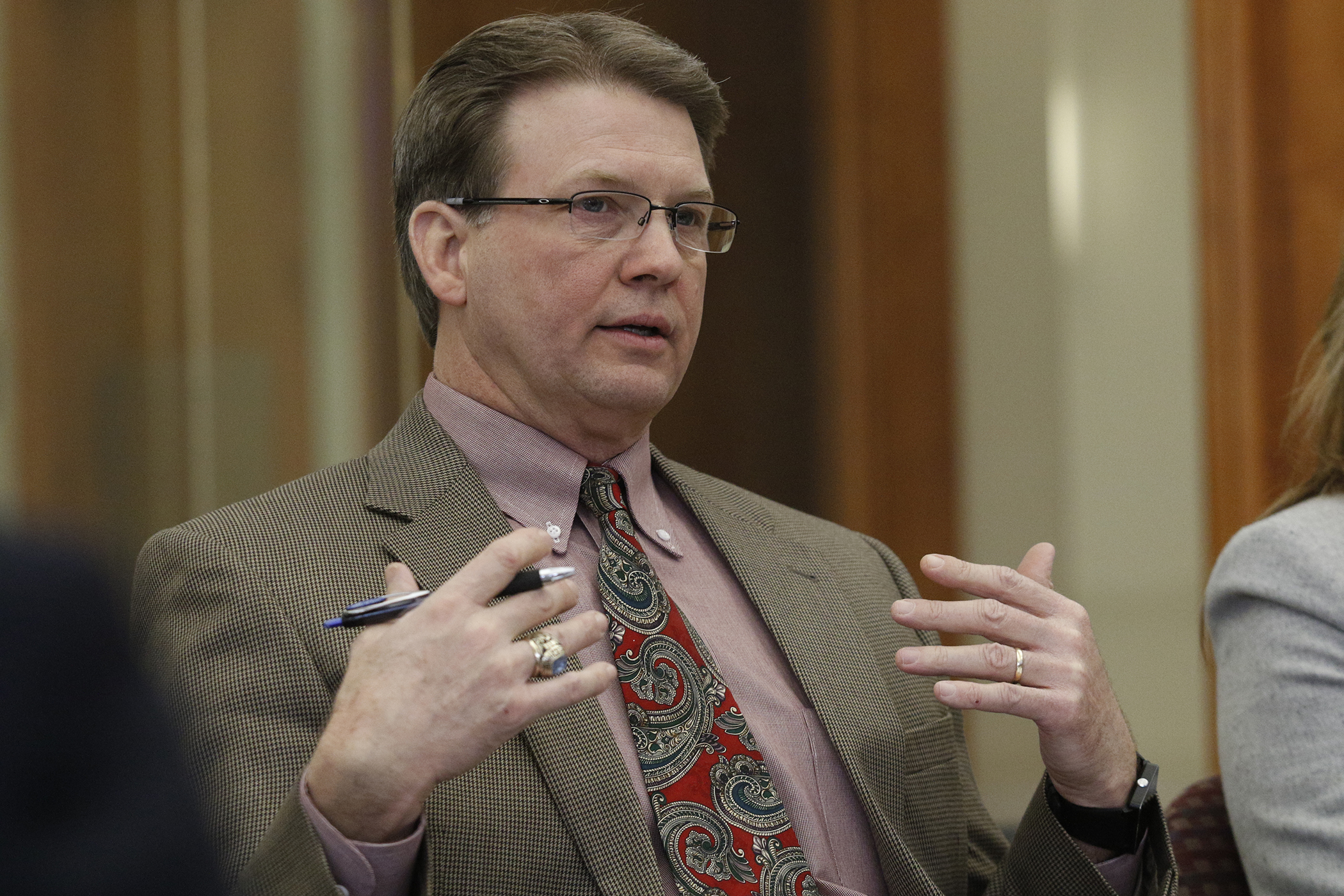Tennessee's nonprofit intellectual and developmental disability centers are asking state lawmakers for a $21 million boost in funding to help them retain staffers who they say provide vital care but earn less than workers at Wal-Mart or fast-food restaurants.
Some 8,000 patients statewide with intellectual or developmental disabilities are housed in local residential centers ranging in size from four to eight beds. Each of those facilities needs at least one staffer on duty at all times, and some need additional staffing, depending on the medical needs of the patients, according to Kyle Hauth, executive director of the Orange Grove Center in Chattanooga.
In a meeting with the Times-Free Press last week, Hauth argued that pay levels at private nonprofit centers such as Orange Grove have barely increased by about 1.9 percent over the past 10 years, while workers at comparable state-run facilities have gotten raises of about 16 percent.
Pay at private facilities now ranges from the minimum wage up to about $10 an hour, Hauth said.
"That is lower than Wal-Mart or Amazon," he said.
Salaries at state-run facilities for similar jobs start at $11 per hour, he said.
Because of the low wages, turnover is high at the disability centers. The state average is about 46 percent annually, Hauth said, although Orange Grove has seen a turnover rate of about 24 percent each year.
Hauth and officials at other intellectual and developmental disability centers are lobbying for a $21 million increase in state funding. They say that would be matched by nearly $40 million in federal government grants for an overall increase of about $60 million.
Relatives of clients who live at the centers worry quality of care will decline if salaries don't rise. Debbie Sparks, who accompanied the Orange Grove staffers to the editorial board meeting, said her sister has been at Orange Grove for more than 35 years.
"She is probably at toddler level, at best," Sparks said. "She can drag you around and point at things in the refrigerator to show you what she wants, but she has no speech at all.
"She is still the light of my parents' eyes, and they are in their 80s," Sparks added. "They worry is she getting loving care. But they can't be sure of that if they are not paying the people doing it."
The state of Tennessee has a revenue surplus of some $700 million this year, and the intellectual and developmental disability centers are just one of several groups seeking increased funding. Gov. Bill Haslam has said he wants to spend an additional $261 million for K-12 education in areas ranging from teacher pay to adding a 12th month of state funding for teacher health insurance.
His budget does include some $24 million in funds to expand services to some of the estimated 6,000 people on a waiting list for intellectual and developmental disabilities. But Orange Grove officials said it does not increase funding for existing programs.
Contact staff writer Steve Johnson at sjohnson@timesfreepress.com, 423-757-6673, on Twitter @stevejohnsonTFP, or on Facebook, www.facebook.com/noogahealth.


